12 Best Korean Exfoliators To Try (For All Skin Types)
Written By Jenny Wu on
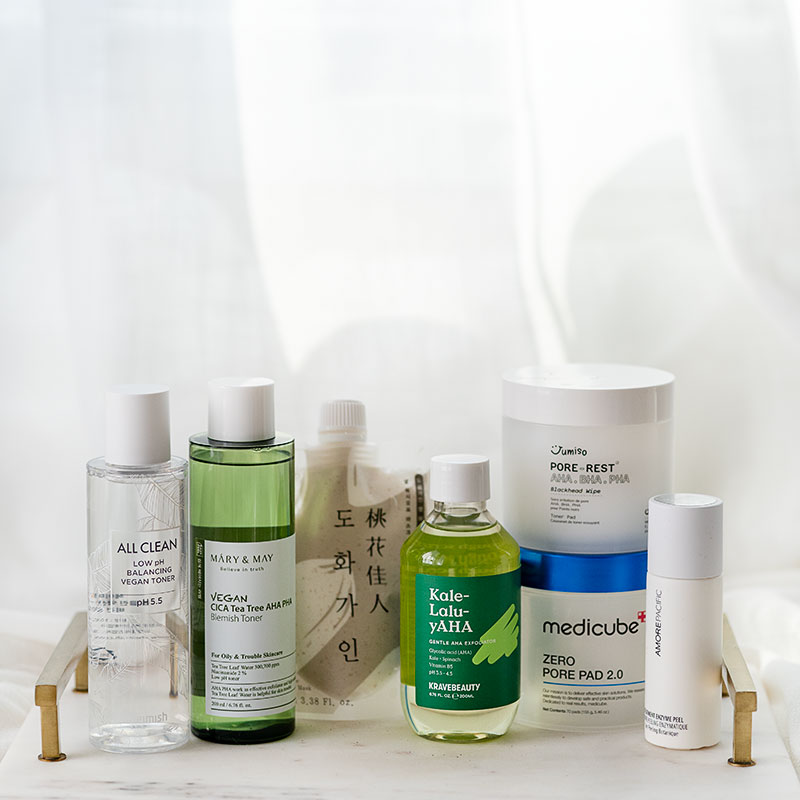
Softer smoother skin? Check. Affordable price point? Check. Gentle on the skin? Check. A delight to use? Check (but I might be biased here).
Keep reading to see my tried and true K-beauty exfoliator top picks, which skin types they’re best suited for, and what ingredients to look for when comparing different products!
Table of Contents
Popular Exfoliating Ingredients To Look For
AHA? BHA? PHA? You might be seeing these letters on the products and wondering what the heck they stand for and how they solve your skin issues.
Well when it comes to exfoliating there are only so many ingredients that get the job done, and each work in slightly different ways:
AHA – Alpha Hydroxy Acids
If you’re looking to improve skin tone and skin texture, these are the ingredients you want to see in your exfoliator! While they all work by removing the top layer of dead cells off your skin, there are still differences between each one:
Glycolic Acid is the most common AHA for a good reason: it’s the most well researched, effective, and strongest exfoliating acid! Thanks to its small size, it can go deeper into the skin and help increase collagen production.1 It can also help fade dark spots,2 and increase skin thickness in the long run!3
Lactic Acid is the second most proven AHA, and a little gentler on the skin due to its bigger size! It actually helps moisturize the skin,4 and at 12%, also increase skin thickness and improve the appearance of fine lines and wrinkles.5
Mandelic Acid is another gentler AHA, unique in that it’s oil soluble, allowing it to penetrate deeper into pores,6 plus its antibacterial properties that makes it great for treating acne prone skin. It’s also great for brightening the skin!
Citric Acid is one of the gentlest AHA, and while it can still increase skin thickness and hydrating glycosaminoglycan levels on the skin, it takes much longer to see results.7
BHA – Beta Hydroxy Acids
If you struggle with pore sizes, blackheads, acne, and other common issues associated with combination or oily skin, the oil soluble BHA is what you want.
Salicylic Acid is the most common BHA, and it’s fantastic at helping remove the dead skin cells stuck in our pores, which helps prevent blackheads and decrease the appearance of pore sizes. It also has anti-inflammatory properties that will be helpful for acne-prone skin.8
Betaine Salicylate is twice as gentle as salicylic acid, since it combines the former with the moisturizing betaine. This is a common BHA in Korean skincare products due to their stricter regulations with Salicylic Acid.
Willow Bark Extract isn’t technically a BHA, but it does contain salicylates, which is closely related to salicylic acid. It’s not as effective, but it also contains some astringent and antiseptic flavonoids.
PHA – Polyhydroxy Acids
Think of them as the gentler cousins of AHA – similar properties, but with larger molecules which means they don’t penetrate (irritate) the skin as deeply. They frequently double as an antioxidant and can also help improve skin barrier function and hydration.9
Gluconolactone is the most commonly used PHA, and is so gentle on the skin that you can use it on rosacea skin or post cosmetic procedure treatment!9
Lactobionic Acid is another PHA that’s very similar in function to gluconolactone: gently smooths while moisturizing and improving the skin barrier. One study even found its results comparable to glycolic acid!10
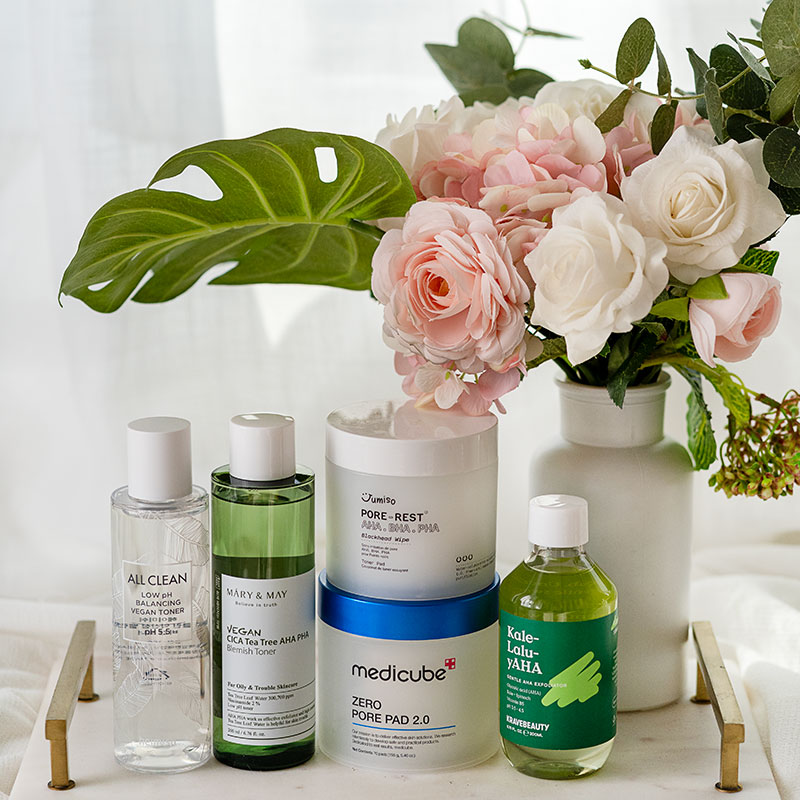
Physical exfoliants
Sugar, seed powders, tea leaf powders, and rice powders are the most frequently used in K-beauty facial scrubs. Compared to the rougher shell powders *cough* St. Ive’s *cough*, these are gentler on the skin and assuming you’re not scrubbing too enthusiastically, won’t cause micro tears in your skin.
Enzymes are another group of exfoliants to look for that can also help break down and loosen the dead skin cells. Though technically a physical exfoliant, there’s minimal feelings of grittiness. Common ones include pineapple extracts, pumpkin extracts, and papain.
Korean Chemical Exfoliators To Try
COSRX BHA Blackhead Power Liquid
Key ingredients: 4% betaine salicylate, 67.8% willow bark water, 2% niacinamide
Great for: all skin types looking to clear their pores and minimize their appearances
The K-beauty alternative to popular Western BHA toners like the Paula's Choice BHA Liquid, this has a light elegant texture and I love the addition of niacinamide which can also help with pore size. I found this one gentle enough for daily use, with a focus on my t-zones to help keep my pores clear.
→ $20 for 100ml on Skinstore (JENNY for 15% off), Stylevana (SHOPJENNY for 10% off), Wishtrend
Krave Kale-lalu-yAHA
Key ingredients: 5.25% glycolic acid, hyaluronic acid
Great for: all skin types wanting a strong, but not too strong, skin smoothing and brightening solution
For me this is the Korean version of the Alpha-H Liquid Gold. No frills, minimal formula, but gets the job done. It's a little stronger than most other Korean exfoliators, but still gentler than most Western brands, in that I don't actually feel any tingling or stinging on application. What I love most about the Krave Kale-lalu-yAHA is how I always wake up with radiant skin when I use this the night before!
→ $25 for 200ml on KraveBeauty
By Wishtrend Mandelic Acid 5% Skin Prep Water
Key ingredients: 5% mandelic acid, panthenol, licorice root extract, centella asiatica extract
Great for: anyone, especially acne-prone skin, struggling with minor pore issues, textures, and/or dull skin.
It's like having AHA and BHA in one product, and the good news is that this gentle exfoliator can be used regularly thanks to all the supporting soothing ingredients. This one does a little bit of everything, so it's is a good one if you don't have any specific major issues to address. But don't expect it to be as effective addressing a single issue as some of the other options on the list.
→ $22 for 120ml on Stylevana (SHOPJENNY for 10% off), YesStyle (GEEKYPOSH for 5% off), Wishtrend
NEOGEN Dermalogy Bio-Peel Gauze Peeling Green Tea
Key ingredients: tartaric acid, glycolic acid, lactic acid, green tea leaf extract, tea tree extract, tea tree oil, aloe vera extract
Great for: acne-prone skin looking to exfoliate their face and body
My favorite thing about these peeling pads? Their generous size and how they're soaked in essence. There’s more than enough to exfoliate your face, so usually I’ll use it on my neck, chest, elbows, knees, and really anywhere that could use a bit of smoothing. All with just one pad! If you prefer more antioxidants to anti-inflammatory ingredients, try the Neogen Bio-Peel Gauze Peeling Wine instead!
→ $18 for 30 pads on Stylevana (SHOPJENNY for 10% off), SkinStore (JENNY for 15% off), Soko Glam, LookFantastic
JUMISO Pore-Rest AHA BHA PHA Blackhead Wipe
Key ingredients: Willow bar extract, betain salicylate, citric acid, gluconolactone, panthenol, allantoin
Great for: all skin types looking for an all-purpose yet gentle peeling pad
Despite it containing all types of chemical exfoliants, notice how it uses the gentler variants, and I'm guessing at low % as well, because this is one of the mildest options in the list. If anything, the strongest exfoliation you'll get is from the cotton pads themselves. Love using this during the winter when my skin is extra dry and need the help shedding skin cells, but can't handle anything too strong.
→ $22.70 for 70 pads on YesStyle (GEEKYPOSH for 5% off), Amazon, Blooming Koko
Medicube Zero Pore Pad 2.0
Key ingredients: lactic acid, salicylic acid, betaine salicylate, willow bark extract,
Great for: oily or combination skin types looking for a serious pore deep clean
Containing 3 types of BHAs, these pore pads mean business. This plus the alcohol definitely gives the skin a noticeable tingle when applied, so I don't recommend these to beginners or sensitive skin folks. But I do enjoy these as part of a weekly or bi-monthly deep cleanse following a clay mask. Hello pores I can barely see!
→ $15-27 for 70 pads on Medicube (GEEKYPOSH for 10% off), YesStyle (GEEKYPOSH for 5% off), Amazon
Mary&May Vegan CICA Tea Tree AHA PHA Blemish Toner
Key ingredients: citric acid, glucolactone, tea tree water, niacinamide, allantoin
Great for: acne-prone skin requiring barrier function support and/or combination/oily skin looking to balance sebum production
The acids selected are both super gentle and help improve skin hydration and the moisture barrier, plus you get some anti-inflammatory and skin balancing supporting ingredients, making this toner ideal for anyone dealing with inflammation. I used this when I was dealing with a breakout and it really helped with the redness!
→ $22 for 200ml on Stylevana (SHOPJENNY for 10% off), YesStyle (GEEKYPOSH for 5% off), iHerb, Amazon
Heimish All Clean Low pH Balancing Vegan Toner
Key ingredients: glucolactone, soothing plant extracts, ceramides, shea butter, moringa oil
Great for: exfoliating newbies
Ok this is the gentlest exfoliant on this list, containing more moisturizing ingredients than actual actives. Don't expect results quick, but it’s great for daily use and you'll get some hydrating, antioxidant, and skin soothing benefits in addition to some very, very gentle exfoliation.
→ $10 for 150ml on Amazon, Blooming Koko
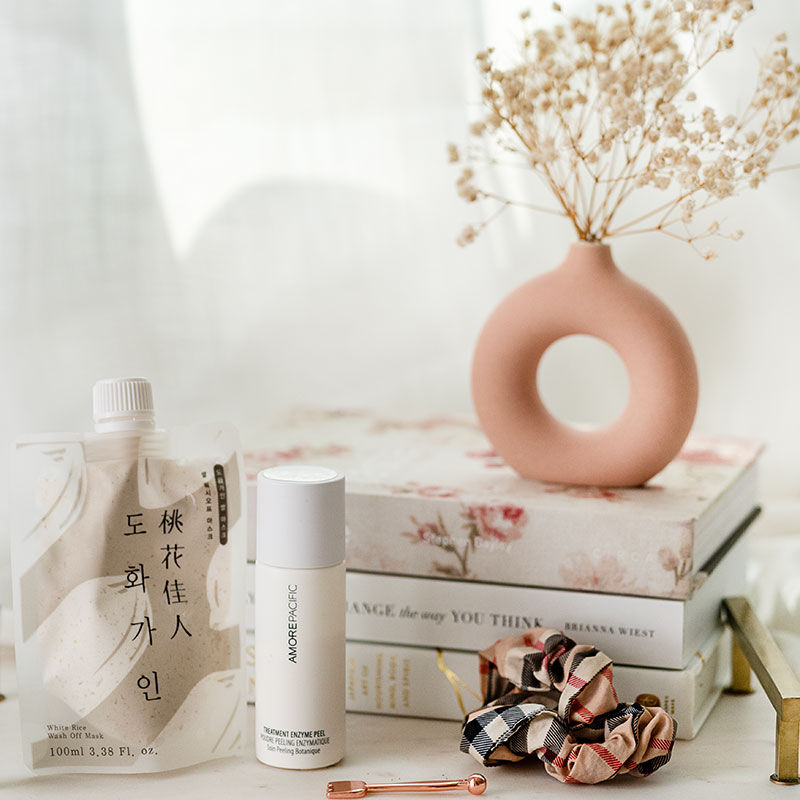
Korean Physical Exfoliators To Try
Dear Klairs Gentle Black Sugar Facial Polish
Features: sugar granules, cranberry seed oil, licrorice root powder, vitamin e
Great for: Non-sensitive skin types that prefer a traditional scrub that's still gentle on the skin
Full review. Like all face scrubs, you'll get instantly soft skin after just one use, just make sure you don't go too hard or you'll still irritate your skin. To adjust the harshness of the scrub, you can add a bit of water or cleansing oil to the product to help the sugar dissolve a little faster. Another option to try is the Skinfood Black Sugar Wash Off Mask.
→ $11-$19 for 110g on Stylevana (SHOPJENNY for 10% off), Wishtrend, Amazon
Amorepacific Treatment Enzyme Peel Cleansing Powder
Features: Green Tea Leaf Enzymes
Great for: anyone looking for a travel-friendly cleanser and exfoliant in one
Unless you have oily skin, I wouldn't use an exfoliating cleanser daily. But as a weekly treatment or even biweekly, this beautiful deep cleanse leaves your skin softer, brighter, yet surprisingly not dry or tight. The fine foam feels so comfortable on the skin, it doesn't feel like physical exfoliation at all! A little goes a long way, but if you want something cheaper and don't mind it being grittier, try the By Wishtrend Green Tea & Enzyme Powder wash for similar results.
→ $68 for 55g on AmorePacific, Amazon, Bloomingdale's
Pyunkang Yul Peeling Gel
Features: papaya extract, citric acid, hyaluronic acid, ceramide
Great for: all skin types that want the benefits of a physical scrub without any of the grittiness
Peeling gels are my favorite physical exfoliants. My dry skin appreciates how relatively gentle they are, how fun it is to use, and how it makes my skin as smooth as eggshells. Cure Aqua Gel is my favorite but a Japanese brand, and the closest Korean beauty option I've found is this one. I love that this one contains some great soothing and moisturizing ingredients too!
→ $10 for 100ml on Stylevana (SHOPJENNY for 10% off), YesStyle (GEEKYPOSH for 5%), Amazon, Bloomingdale's
House of Dohwa White Rice Wash Off Mask
Features: Rice extract powder
Great for: Dry skin types looking for moisturization and some very light exfoliation
One, this mask smells so yummy, like rice pudding! You can feel some clumps in this mask as you're applying it, but they’re not harsh or gritty at all. Washing the mask off provides some very gentle physical scrubbing action that leaves my skin soft and hydrated. I love using this as a shower mask!
→ $17 for 100ml on Corelle, BeMused Korea, Cupidrop
Best Exfoliator By Skin Type
Breaking down each of the 12 K-beauty skincare products above so you can easily find what works best for your skin type!
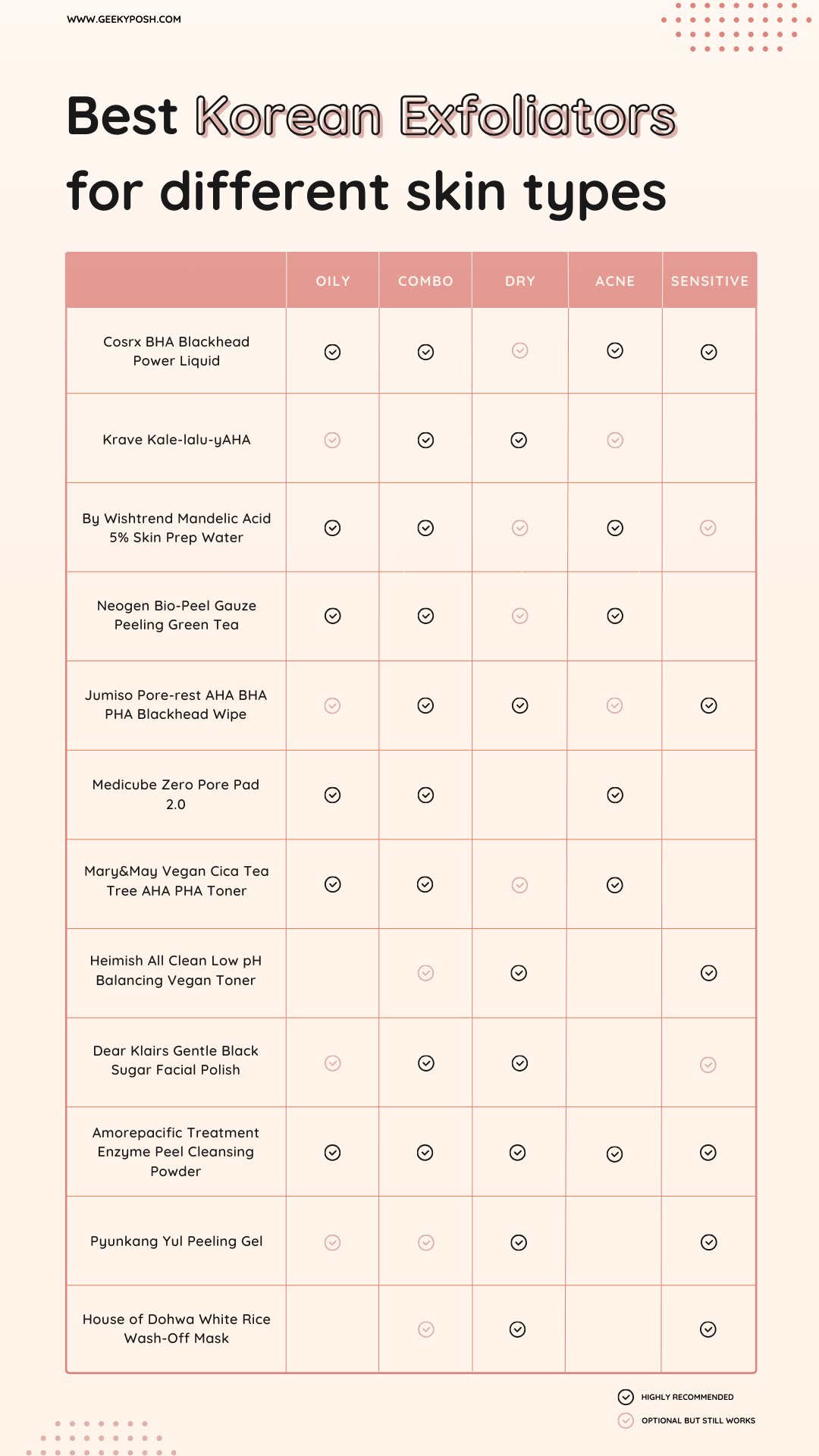
Things to keep in mind when exfoliating
-
Always, ALWAYS, wear sunscreen, as acids can make your skin more sensitive to UV rays.
-
Don’t mix chemical exfoliation with other actives like retinol or vitamin c (ascorbic acid) in the same routine.
-
Start slow. If you have sensitive or dry skin, start with once a week or a super gentle exfoliant. Slowly increase your frequency and stop if your skin starts feeling uncomfortable.
-
Try to do it on healthy skin. Some acids like PHA can be ok on compromised skin, but definitely don’t do any physical exfoliation when your skin is already red, inflamed, and/or peeling.
Whew I know that was a lot of info but I hope now you’ll be able to make an informed decision on the perfect Korean exfoliator that fits your needs!
Article Sources
To keep my content accurate and trustworthy, I rely on peer-reviewed studies, articles from reputable academic institutions, and quotes from certified healthcare professionals to back my claims.
Kim SJ;Won YH. “The Effect of Glycolic Acid on Cultured Human Skin Fibroblasts: Cell Proliferative Effect and Increased Collagen Synthesis.” The Journal of Dermatology, vol. 25, no. 2, J Dermatol, 2014, pubmed.ncbi.nlm.nih.gov/9563274/.
Avni Nautiyal, and Sarika Wairkar. “Management of Hyperpigmentation: Current Treatments and Emerging Therapies.” Pigment Cell & Melanoma Research, vol. 34, no. 6, Wiley-Blackwell, June 2021, pp. 1000–14, https://doi.org/10.1111/pcmr.12986.
Fuchs. “The Effects of an Estrogen and Glycolic Acid Cream on the Facial Skin of Postmenopausal Women: A Randomized Histologic Study.” Cutis, vol. 71, no. 6, Cutis, 2015, pubmed.ncbi.nlm.nih.gov/12839261/.
R. A. A. Alsaheb, et al. “Lactic Acid Applications in Pharmaceutical and Cosmeceutical Industries.” Journal of Chemical and Pharmaceutical Research, 2015, www.semanticscholar.org/paper/Lactic-acid-applications-in-pharmaceutical-and-Alsaheb-Aladdin/3546162eb236e3fb8267b4e765fc5a52fdb54753.
Smith, Wally. “Epidermal and Dermal Effects of Topical Lactic Acid.” Journal of the American Academy of Dermatology, vol. 35, no. 3, Elsevier BV, Sept. 1996, pp. 388–91, https://doi.org/10.1016/s0190-9622(96)90602-7.
Abelman, Devon. “What Is Mandelic Acid and How Does It Benefit Skin? — Expert Insight.” Allure, Allure, 30 Mar. 2022, www.allure.com/story/what-is-mandelic-acid#what-is-mandelic-acid.
Bernstein, Eric F., et al. “Citric Acid Increases Viable Epidermal Thickness and Glycosaminoglycan Content of Sundamaged Skin.” Dermatologic Surgery, vol. 23, no. 8, Wolters Kluwer Health, Aug. 1997, pp. 689–94, https://doi.org/10.1111/j.1524-4725.1997.tb00391.x.
Arif, Tasleem. “Salicylic Acid as a Peeling Agent: A Comprehensive Review.” Clinical, Cosmetic and Investigational Dermatology, Dove Medical Press, Aug. 2015, pp. 455–55, https://doi.org/10.2147/ccid.s84765.
Grimes. “The Use of Polyhydroxy Acids (PHAs) in Photoaged Skin.” Cutis, vol. 73, no. 2 Suppl, Cutis, 2023, pubmed.ncbi.nlm.nih.gov/15002656/.
Tasic-Kostov, Marija et al. “Lactobionic acid in a natural alkylpolyglucoside-based vehicle: assessing safety and efficacy aspects in comparison to glycolic acid.” Journal of cosmetic dermatology vol. 9,1 (2010): 3-10. doi:10.1111/j.1473-2165.2010.00474.x
“Sucrose (Soothing): Cosmetic Ingredient INCI.” Specialchem.com, 2023, cosmetics.specialchem.com/inci-ingredients/sucrose.

Passionate about science-based skincare. Tested hundreds if not thousands of products since my 20's. Working regularly with brands like iHerb, Ulta, CurrentBody, and MedStar Health to share my knowledge and experience in all things beauty. Learn more.
Skin profile: 35+, dry/combination, focused on well-aging, hydration, and a healthy glow ✨

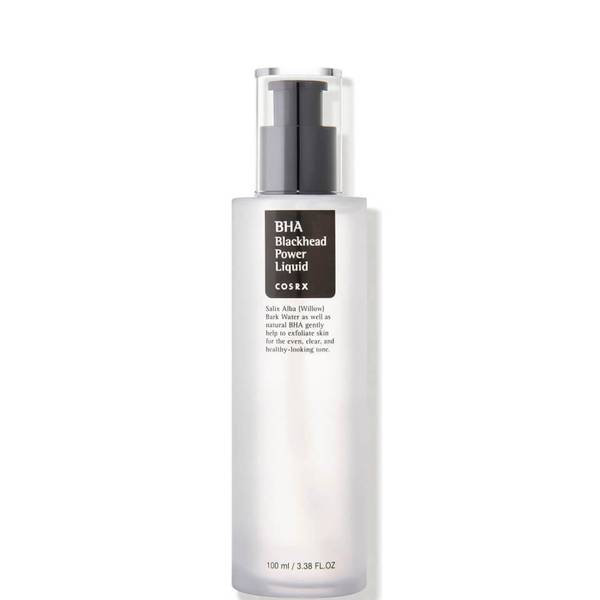
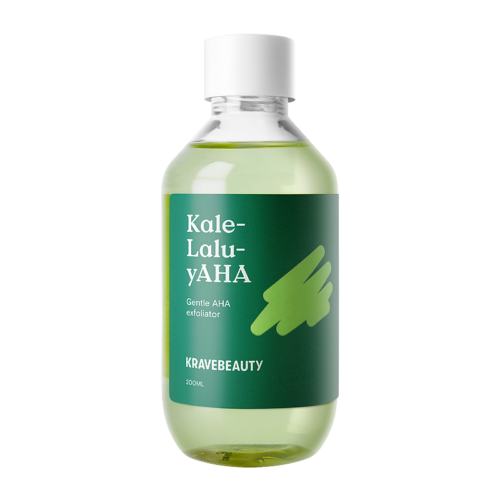
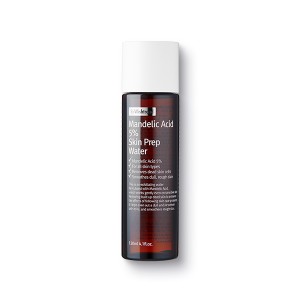
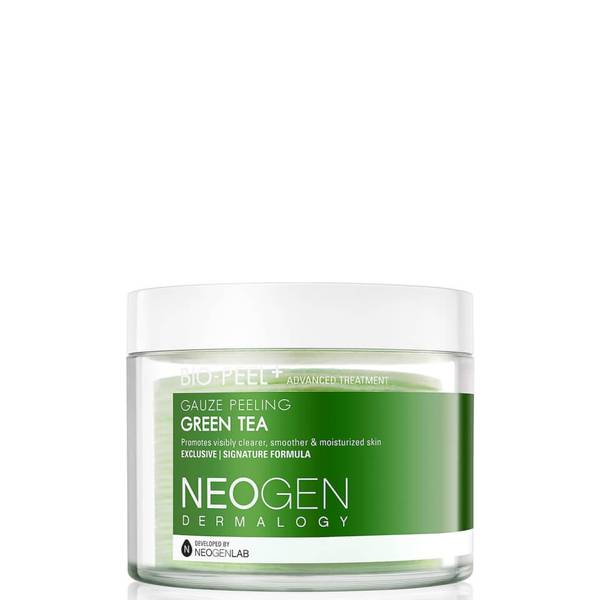
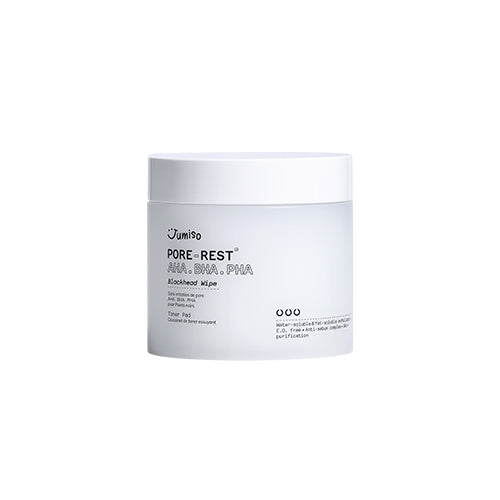
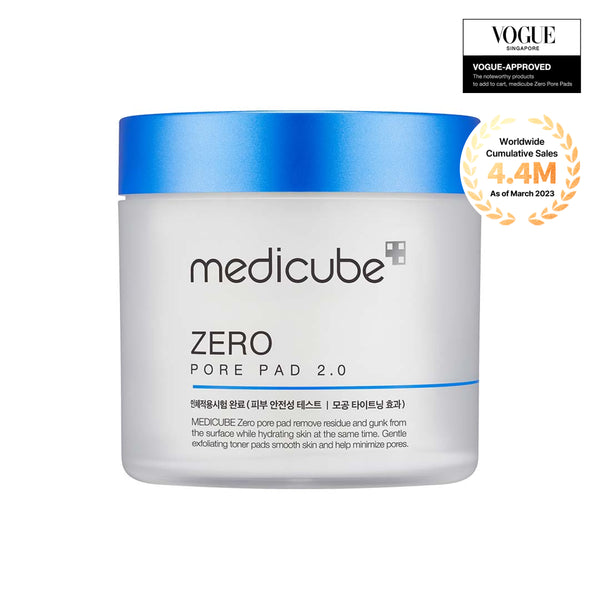
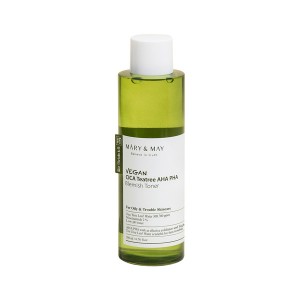
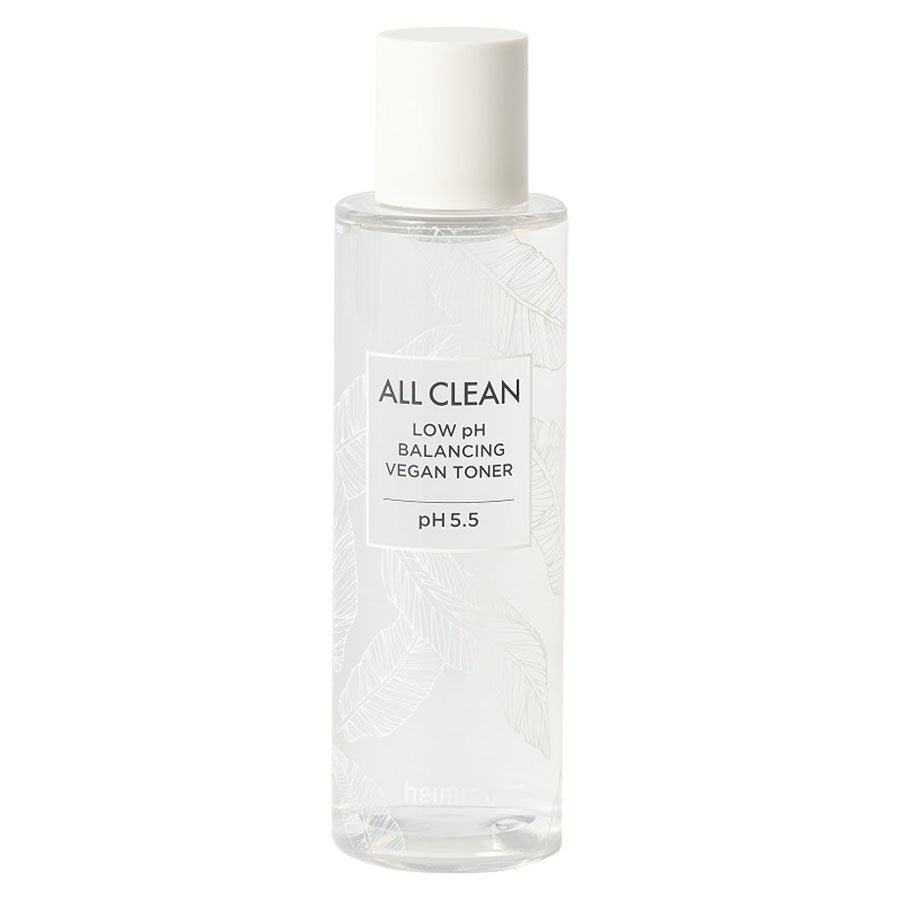
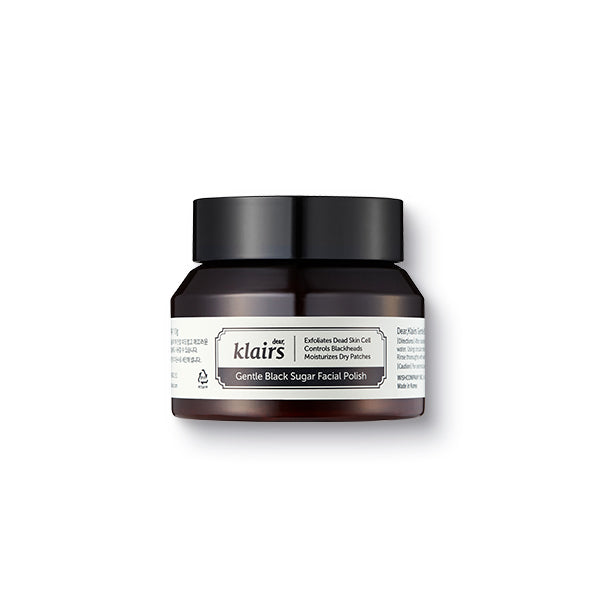
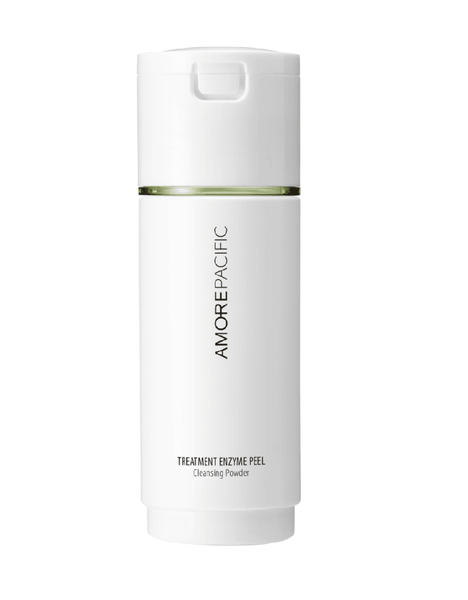
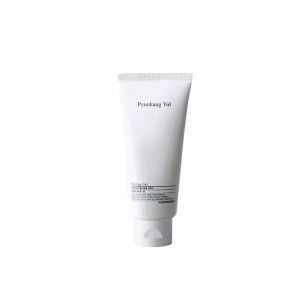
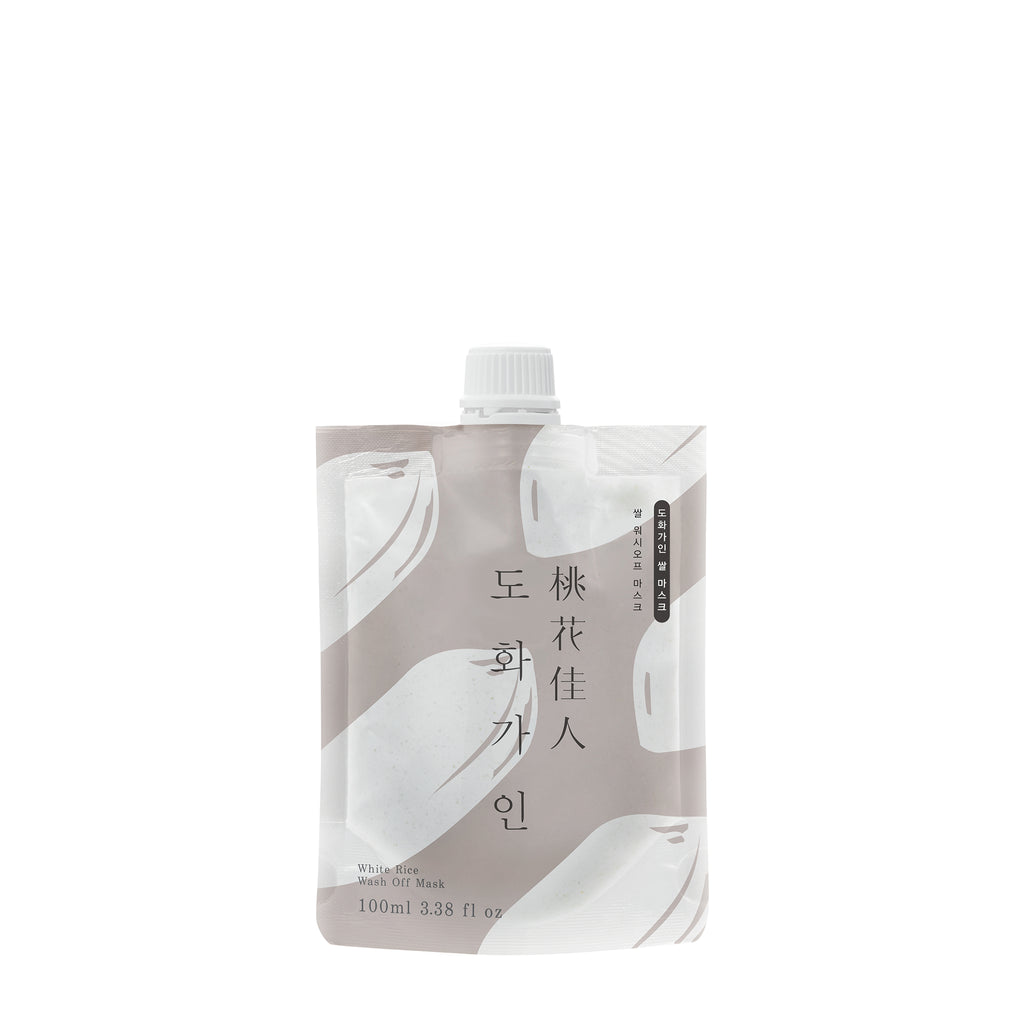
Comments & Questions
Anne
Out of all the ones mentioned I only tried the by wishtrend Mandelic Acid one that I like for upkeep during the colder months when others can be too much for my skin.
Anne from Doctor Anne
Natalie G.
Hey Jenny, loved the breakdown on AHA, BHA, and PHA. Quick question, do you recommend using a different exfoliant for morning vs. night routines, or is it more about the skin type?
Jenny Wu
It's all about skin type! I actually wouldn't recommend acids in the morning since they can make your skin more sensitive to the sun.
Sam
I find the contrast between physical and chemical exfoliants interesting, but isn't there a risk that even 'gentle' physical scrubs could still damage the skin over time? I've read studies suggesting that micro-tears can still occur with regular use of even the finest physical particles.
Jenny Wu
That's a fair point and certainly possible, which is why chemical exfoliants are generally preferred. Although you can still damage your skin by overexfoliating, so really being gentle with your application is key!
Chloe S.
So excited to try PHAs, they sound like a game changer for my sensitive skin. Glad I stumbled upon this article, feeling more prepared and informed about making my skincare choices!
Terry
Kinda makes me wanna dive deeper into K-beauty, they always seem to be on top of the gentle but effective products
Liz
Started the article barely knowing what a face wash is, ended it feeling like a chemist. Can't wait to drop terms like 'polyhydroxy acids' in casual convos and watch my friends' confused faces.
Mikaela F.
That's the spirit, Liz! Skincare lingo can be fun, and it's even better when you know what it all means for your skin. Keep at it!
RJ
While the article covers a broad spectrum of exfoliants, it's important for readers to understand the concentrations at which these acids can be effective as well as potentially harmful. Over-exfoliation, for instance, is a serious concern that wasn't addressed. Using AHA/BHA/PHA in moderation, considering their percentages, and integrating them cautiously into skincare routines is crucial to avoid compromising the skin's barrier.
Jessie
BHA's been a lifesaver for my oily skin. Anybody got recs for other products?
Danni T.
While I appreciate the guide on exfoliants, I'm always concerned about the environmental impact of these ingredients, especially in rinse-off products. It'd be beneficial for future discussions to highlight which exfoliating ingredients are biodegradable and safe for aquatic life. Our skincare choices shouldn't just benefit us but also the planet.
Jenny Wu
Avoid those with microplastic beads as those have shown to be harmful to the environment, though I think most brands moved away from that. Sugar, salt, and enzymes all dissolve in water and should have minimal impact.